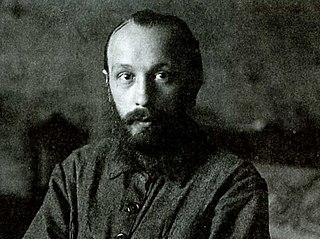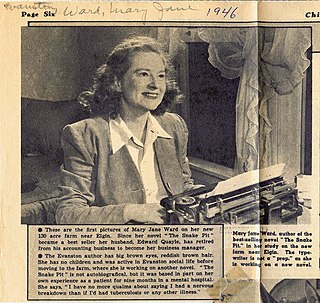A Quote by Albert Einstein
What a person thinks on his own without being stimulated by the thoughts and experiences of the other people is even in the best case rather paltry and monotonous.
Related Quotes
When a man is stimulated by his own thoughts, full of desire and dwelling on what is attractive, his craving increases even more. He is making the fetter even stronger. But he who takes pleasure in stilling his thoughts, practising the contemplation of what is repulsive, and remaining recollected, now he will make an end of craving, he will snap the bonds of Mara. His aim is accomplished, he is without fear, rid of craving and without stain. He has removed the arrows of changing existence. This is his last body.
You have to get beyond your own precious inner experiences. The actor cannot afford to look only to his own life for all his material nor pull strictly from his own experience to find his acting choices and feelings. The ideas of the great playwrights are almost always larger than the experiences of even the best actors.
Kant does not think that along with choice of an action we also choose in each case the motive from which we do it. He thinks all is well if I act beneficently, realizing that it is my duty but also having sympathetic feelings for the person I help. But I ought to strive to be the sort of person who would still help even if these feelings were absent. And it is such a case that he presents when the sympathetic friend of humanity finds his sympathetic feelings overclouded by his own sorrows, and still acts beneficently from duty.
What I have learned from the teachers with whom I have worked is that, just as there is no simple solution to the arms race, there is no simple answer to how to work with children in the classroom. It is a matter of being present as a whole person, with your own thoughts and feelings, and of accepting children as whole people, with their own thoughts and feelings. It's a matter of working very hard to find out what those thoughts and feelings are, as a starting point for developing a view of a world in which people are as much concerned about other people security as they are about their own
It becomes 'one's own' only when the speaker populates it with his own intentions, his own accent, when he appropriates the word, adapting it to his own semantic and expressive intention. Prior to this moment of appropriation, the word does not exist in a neutral and impersonal language (it is not, after all, out of a dictionary that the speaker gets his words!), but rather it exists in other people's mouths, in other people's contexts, serving other people's intentions: it is from there that one must take the word, and make it one's own
You know these things as thoughts, but your thoughts are not your experiences, they are an echo and after-effect of your experiences: as when your room trembles whe na carriage goes past. I however am sitting in the carriage, and often I am the carriage itself. Ina man who thinks like this, the dichotomy between thinking and feeling, intellect and passion, has really disappeared. He feels his thoughts. He can fall in love with an idea. An idea can make him ill.
Every thing thinks, but according to its complexity. If this is so, then stones also think...and this stone thinks only I stone, I stone, I stone. But perhaps it cannot even say I. It thinks: Stone, stone, stone... God enjoys being All, as this stone enjoys being almost nothing, but since it knows no other way of being, it is pleased with its own way, eternally satisfied with itself.
To get a person's real opinion, ask what she thinks everyone else believes... If people truly hold a particular belief, they are more likely to think that others agree or have had similar experiences. [People] tend to assume that other people have had life histories at least somewhat similar to their own. When we talk about other people, we are often talking about ourselves, whether we know it ourselves.
I think one of the great joys of being a writer is you can transcend everything, even your own sex, what century you live in, and how you think. I found it quite natural to think as a male because I actually think that as a female, one often thinks in the mind of a male in terms of eroticism. You think about what the other person feels. So it's not that hard to imagine being that person.




































